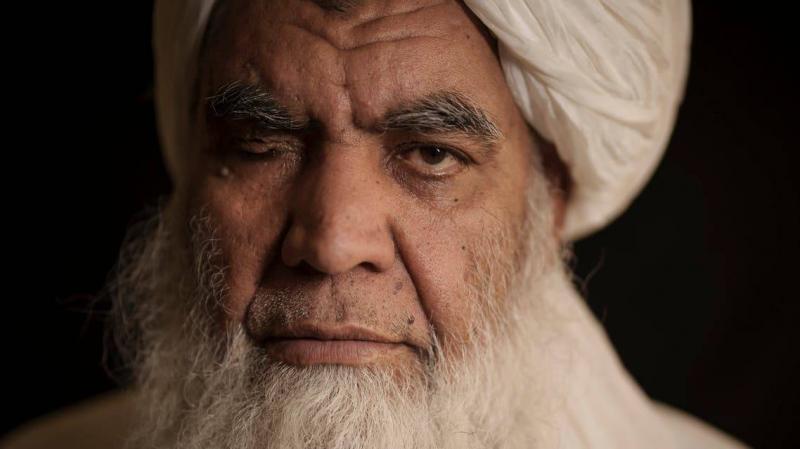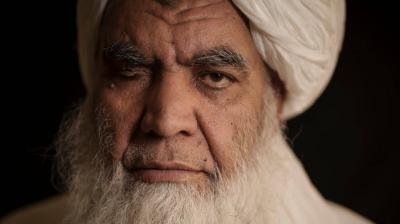Mullah Nooruddin Turabi, one of the founders of the Taliban movement and a key implementer of its strict interpretation of Islamic law during its previous rule in Afghanistan, stated that the Taliban will carry out executions and hand-cutting, though it may not be done publicly. In an interview with the Associated Press, Mullah Turabi dismissed the outrage over the executions carried out by the Taliban in the past, which sometimes occurred in front of crowds in sports arenas, and warned the world against clashing with the new rulers of Afghanistan.
Speaking from Kabul, he said, "Everyone criticized us for carrying out punishments in the stadium, but we never said anything about their laws and punishments." He added, "No one will tell us what our laws should be. We will follow Islam and base our laws on the Quran."
Since the Taliban took control of Kabul on August 15, Afghans and the world have been watching to see if they will reinstate their strict rule like they did in the late 1990s. Turabi's statements indicate how committed the Taliban leaders still are to a hardline vision, despite adopting technologies and changes, such as mobile phones and video clips.
Turabi, in his sixties, was the Minister of Justice and the head of what was known as the Ministry for the Promotion of Virtue and the Prevention of Vice—essentially the religious police—during the Taliban's previous rule. At that time, the world condemned the Taliban's punishments, which were carried out in sports stadiums in Kabul or in the vast Eid Gah Mosque courtyard and were witnessed by hundreds of Afghan men.
Most executions of those convicted of murder were carried out with a single gunshot to the head at the hands of the victim's family, who had the freedom to accept "blood money" and allow the offender to live. For convicted thieves, the punishment was hand-cutting. For those convicted of highway robbery, the punishment would be the cutting of both hand and foot.
Trials and convictions were rarely public, with judicial authority in the hands of clerics whose legal knowledge was limited to religious rulings. Turabi stated that judges this time, including women, will rule on cases, but the basis of Afghan laws will be the Quran. He said that the same punishments would be revived.
He emphasized that "hand-cutting is extremely necessary for security" and serves as a deterrent. He added that the cabinet is considering whether to enforce public punishments and will "formulate a policy." In recent days in Kabul, Taliban fighters have revived a punishment they used in the past, which involves publicly shaming men accused of petty theft.




